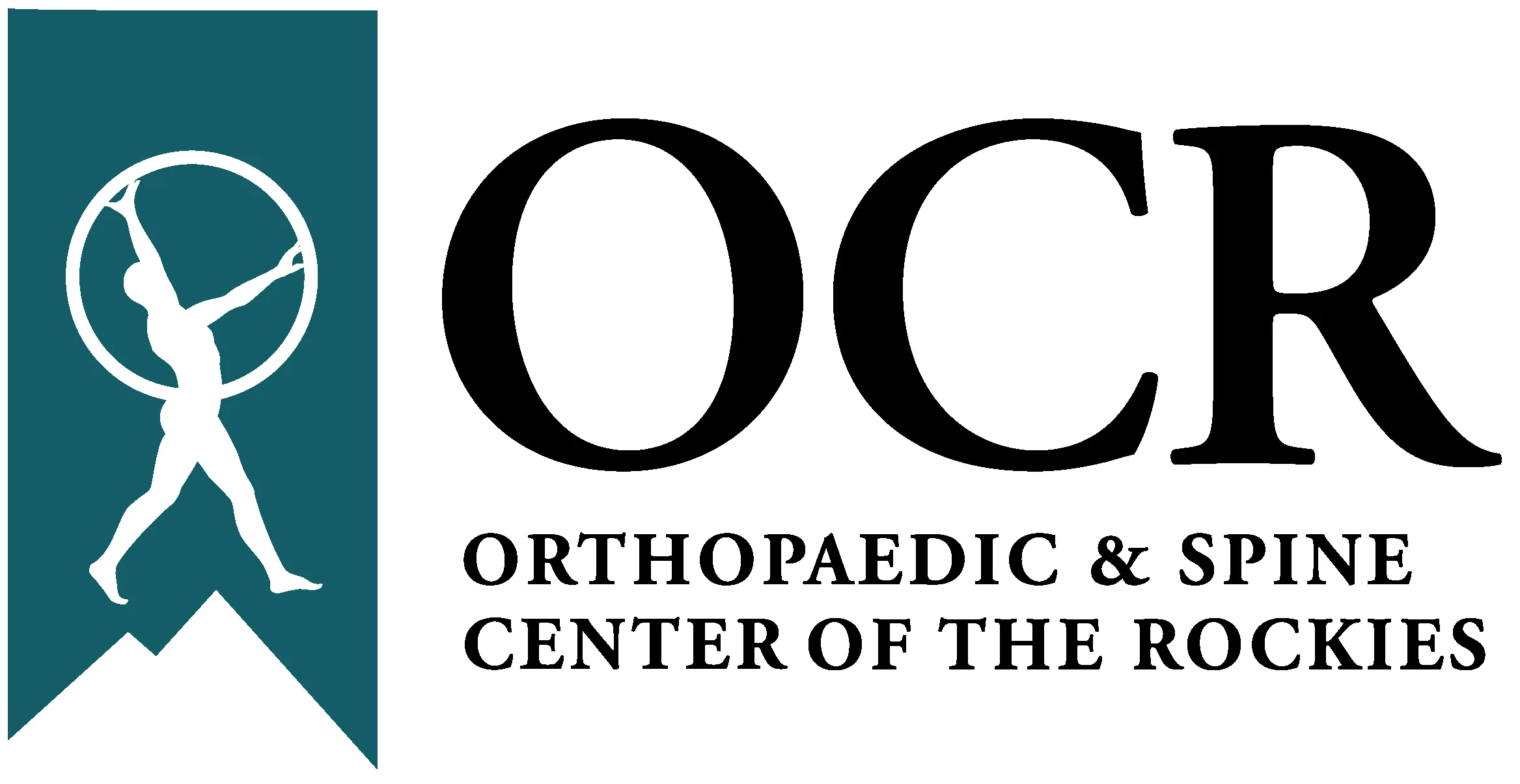Frequently Asked Questions
Here you can find answers to commonly asked questions regarding orthopaedic care, appointments, and more at OCR. If you don’t see what you’re looking for, please contact us for further assistance.
FAQs for Patients at OCR
What should I bring to my doctor’s appointment?
Bring your medical office notes, MRI, CT scans, or X-rays, along with reports from previous appointments, injections, and surgeries. These items can be mailed to our Case Management Department at the address provided on our website.
How can I plan my visit effectively?
To plan your visit effectively, arrive early and bring all necessary medical records, X-rays, MRIs, or CT scans related to your ailment.
What should I do during my visit?
During your visit, be open and honest with your doctor, take notes, and ask questions if anything is unclear. If a translator is needed, please arrange for one to accompany you. It’s always important to consult with your physician before starting any new exercise or physical therapy program. Your doctor can help you determine what types of activities are safe and appropriate for your individual health needs and medical history. This can help prevent injury and ensure that you are getting the most out of your workouts.
What should I do after my visit?
After your visit, call our office with any further questions or concerns. Follow the prescribed medication and treatment plan diligently. Keep your doctor informed of any changes in your condition and discuss any recommended surgeries thoroughly, considering alternatives and potential risks.
FAQs about OCR Specialties, Services, and Physicians
What specialties and services does Orthopaedic & Spine Center of the Rockies offer?
We provide a comprehensive range of orthopaedic services and specialties, including sports medicine (surgical and non-surgical), joint replacement, spine care, hand and upper extremity, foot and ankle, and pediatric orthopaedics, and more. Additionally, we offer physical therapy, occupational injury care, and imaging services.
How do I know which physician is right for me?
Our team of board-certified orthopaedic surgeons and specialists are dedicated to providing personalized care tailored to your unique needs. You can learn more about each physician’s specialties and expertise on our website or by contacting our office for assistance in finding the right match for you.
Can I request a specific physician for my appointment?
Yes, you can request a specific physician when requesting your appointment. We will do our best to accommodate your preference, although availability may vary depending on scheduling and location.
FAQs About Orthopaedic Diagnosis, Injuries, & Services
What are the most common orthopaedic conditions or injuries?
Common orthopaedic conditions include arthritis, fractures, sprains, strains, and tendonitis. Injuries often involve the knee, shoulder, back, and neck.
How do I prevent orthopaedic injuries during physical activities or sports?
To prevent orthopaedic injuries, warm up before exercising, use proper technique, wear appropriate protective gear, and gradually increase the intensity of your activities.
What are the non-surgical treatment options for orthopaedic conditions?
Non-surgical treatments include physical therapy, medication, injections, bracing, and lifestyle modifications such as weight management and activity modification.
How long does it take to recover from common orthopaedic surgeries?
Recovery times vary depending on the type of surgery and individual factors. Generally, it can take several weeks to months to fully recover from orthopaedic surgery.
What are the risks and benefits of orthopaedic surgery?
The risks of orthopaedic surgery include infection, bleeding, and complications related to anesthesia. The benefits include pain relief, improved mobility, and better quality of life.
How can I manage pain associated with orthopaedic conditions?
Pain management strategies may include medication, physical therapy, acupuncture, chiropractic care, and lifestyle modifications.
Are there specific exercises or physical therapy routines I can do to improve my condition?
Yes, physical therapy exercises can help strengthen muscles, improve flexibility, and reduce pain associated with orthopaedic conditions.
How often should I schedule follow-up appointments for my orthopaedic condition?
Follow-up appointments may vary depending on your condition and treatment plan. Your doctor will advise you on the appropriate follow-up schedule.

